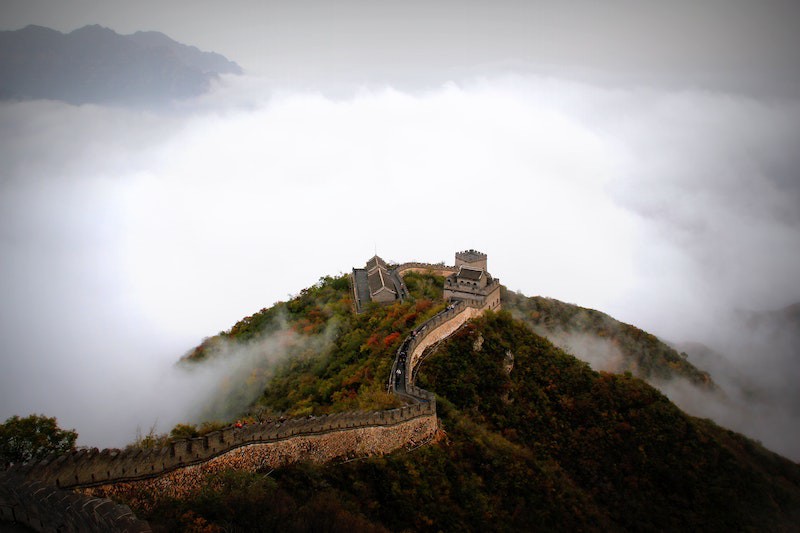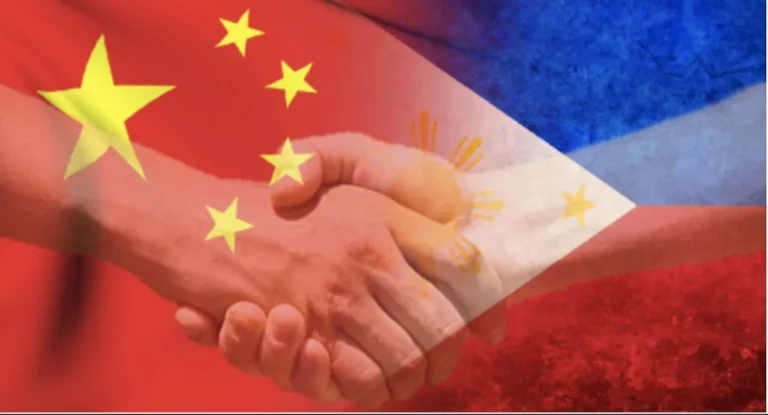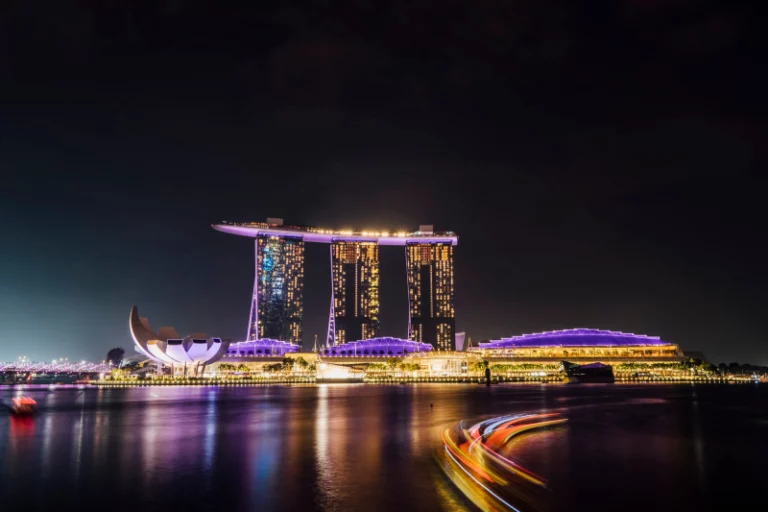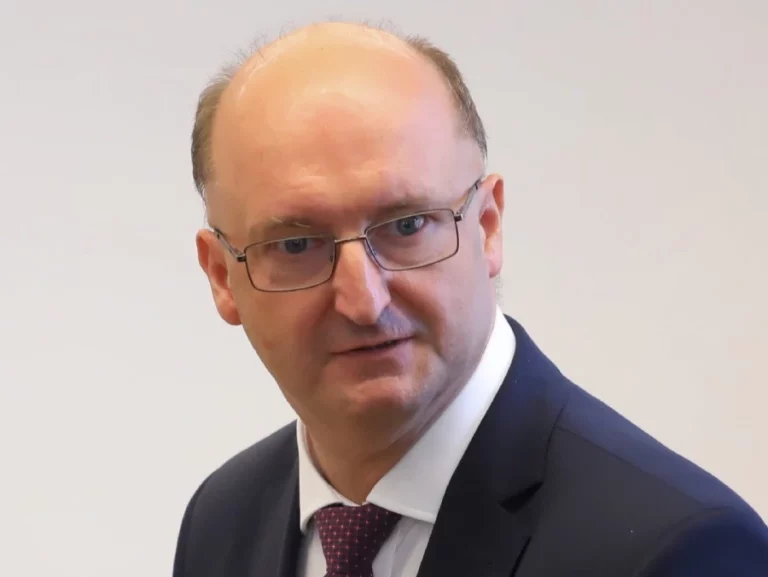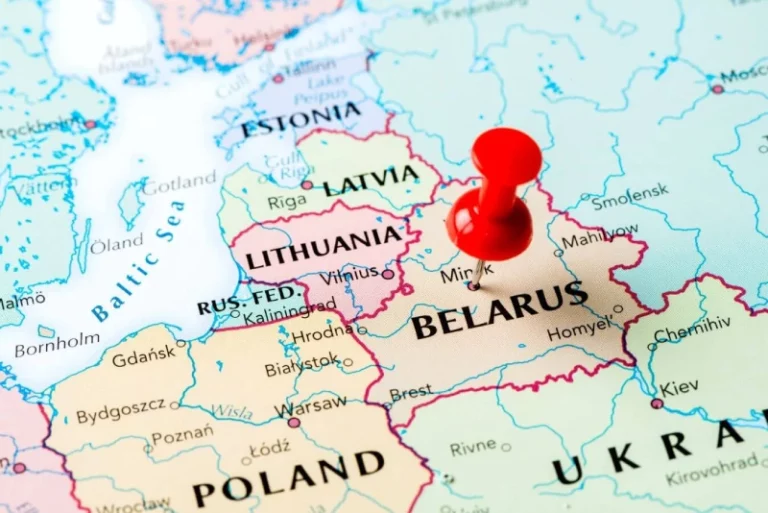China’s anti-corruption campaign has been ongoing since President Xi Jinping came to power in 2012, and it shows no signs of slowing down.
The latest high-profile conviction of Fu Xiaodong, a former senior official at China Development Bank, for accepting bribes worth 4.3m yuan (£503,466) during his tenure between 2007 and 2020, is just one example of the government’s determination to root out corruption at all levels of society.
Anti-corruption campaign
China has more billionaires than any other country in the world, according to the Hurun Global Rich List, but it is also a place where the wealthy must watch their backs. The country’s anti-corruption campaign extends beyond fighting graft and into enforcing ideological conformity with the party line, according to Yuen Yuen Ang, a professor at Johns Hopkins University and author of a book on corruption in Chinese politics.
Xi sees corruption as an existential threat to the Chinese Communist Party (CCP), and he has made no secret of his desire to root out corrupt officials at all levels of the party. Since he came to power, more than 3.7 million cadres have been punished by the party’s anti-graft watchdog, including about 1% of national and provincial leaders. The campaign has been popular with the Chinese public, who are appalled by the accruement of riches that often accompanies political office.
Battle against financial elites?
The Chinese government’s anti-corruption campaign is not limited to politicians and officials. Businesspeople who prosper when their patrons rise and fall together are also under intense scrutiny. This year, more than 50 senior figures from major banks and state-owned enterprises have either been investigated or disciplined by the Central Commission for Discipline Inspection (CCDI), the anti-graft watchdog. The party sees financial risks as a matter of national security, and the CCDI published an essay about the “battle” against corruption which criticised “financial elitism” in particular.
Several high-profile names have been swept up in the campaign. The former director of the supreme people’s court enforcement bureau, Meng Xiao, was sentenced to 12 years in prison for accepting bribes worth 22.74m yuan (£2.65m), while Zhao Weiguo, a semiconductor tycoon, was referred to prosecutors by the CCDI after it concluded that Zhao engaged in corrupt practices when he was the chairman of Tsinghua Unigroup.
Bao Fan, a billionaire tech banker, was taken away by the authorities in February to assist with an investigation and hasn’t been seen in public since.
Curbing on outflow
Xi is personally mistrustful of financiers and their loyalty to the party, and his crackdown on corruption in 2013 led to China’s elites starting to move their money out of the country. The party knows that corruption tends to follow money, and top leaders have repeatedly emphasised preventing corruption in areas with high capital intensity.
The move to investigating bigger fish is part of a trend, with the focus shifting from local officials to central ministries and specialised inspections, such as the latest one on finance. The party’s determination to root out corruption at all levels of society may seem surprising given China’s economic success in recent years, but it is a reflection of the government’s belief that corruption is a threat to social stability and political legitimacy.
Despite the success of the anti-corruption campaign, some may question why the party still seems to be rooting out problems after more than a decade of purges.
According to Ling Li, a lecturer at the University of Vienna, the very fact that the campaign is ongoing is a sign that the party is aware of the need to maintain its legitimacy in the eyes of the Chinese people.







